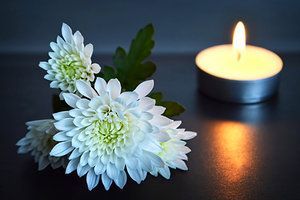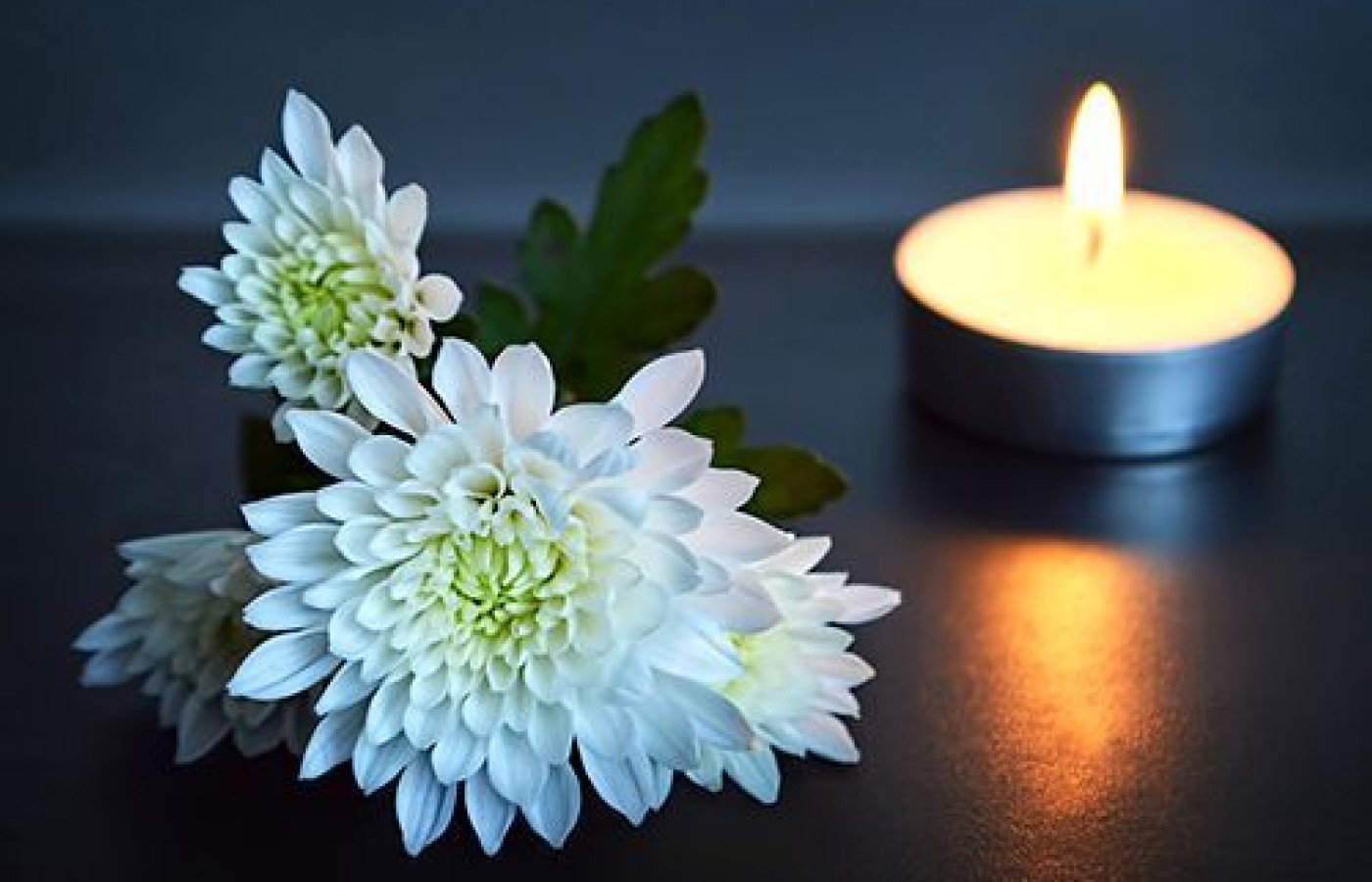One of the longest nerves in the body is known as the vagus nerve (VN). The VN is the 10th pair of cranial nerves that originates at the brain stem in the medulla oblongata. This nerve is part of the parasympathetic nervous system, which is a part of the ANS. Research suggests ear acupuncture can activate the VN.
In Memoriam: Giovanni Maciocia
It is with great sadness to inform you of the passing of Giovanni Maciocia, our gifted teacher and my close, personal friend. He passed peacefully on Thursday March 9, 2018, at the age of 73.
As Professor Emeritus and unofficial historian at the New England School of Acupuncture (NESA), I feel it is important that we know and understand our professional lineage and the people who have had such a profound influence in developing TCM not only in China but also in the U.S. and Europe.
Giovanni was born Feb. 28, 1945, in Naples, Italy. He was educated in Italy with a degree in economics and worked a short time for Fiat. He declined to join his father's construction business and instead followed his passion, and studied and graduated from the International College of Oriental Medicine (ICOM) in Sussex, England. Dr. Van Buren, a Dutch osteopath was the principal of the college in 1974.
Being so gifted, Giovanni worked in Dr. Van Buren's clinic before finishing his studies at ICOM. He developed a full-time practice in short order and was invited to teach at the school. At that time, there was a scarcity of accurate TCM information in the West.
China was beginning to develop programs for foreign students, so Giovanni attended three-month programs in Acupuncture and Herbal Medicine in 1980, 1982, and 1987 at the Nan Jing College of TCM. He also began studying the Chinese language. As a result he was able to read the Classics and modern TCM texts as well as speak a bit of Chinese.

With his high level of TCM training and Chinese language skills, in addition to clinical experience, he began the second phase of his professional career—lecturing and writing. While living in England, he lectured on TCM theory and pathology extensively throughout Europe and occasionally in the U.S. And he began writing prolifically. His texts include:
- Tongue Diagnosis in Chinese Medicine
- Foundations of Chinese Medicine
- The Practice of Chinese Medicine
- Diagnosis in Chinese Medicine
- Obstetrics and Gynecology in Chinese Medicine
- The Channels of Acupuncture
- The Psyche in Chinese Medicine
Several of these books have become primary textbooks for acupuncture colleges around the world. Toward the end of this phase, he established an herbal company (Su Wen Herbs); developing herbal formulas based on historical antecedents from the classics and modified slightly to fit the commonly seen patterns and pathologies of our modern western patients. All this while still maintaining a busy clinical practice!
In 1996, Giovanni was appointed Visiting Professor of the Nan Jing University of TCM (formerly known as the Nan Jing College of TCM) and has been described by the Nan Jing University as the "Father of Chinese Medicine in Europe."
The next phase for Giovanni was leaving cloudy, damp (very damp!) England, and moving to Santa Barbara, California. He also purchased a house in a small village on the Amalfi coast in Italy. There would be no lack of sunshine for him anymore!
He then began writing substantial/informative online CEU courses and lectured / supervised at the Pacific College of Oriental Medicine (PCOM). He also began diving back into the Classics, gaining new perspectives given all his experiences. It's unfortunate that we didn't get to see his written ideas in another book.
I first met Giovanni in 1977. I had graduated from NESA (only a 1-year program that time) and applied to ICOM (a 3-year program at that time) hoping to test out of the first year. Giovanni administered a point location exam to me, where I had to physically locate 20 points on a live body, give the anatomical location, and the energetics/indications all in 30 minutes! He became my teacher, acupuncturist, group traveling companion to Nan Jing for the First International Course for Further Studies on Acupuncture at the Nan Jing College of TCM in 1982, and my friend.
Our families enjoyed spending time together both at his home in California and mine in Massachusetts. I spent several winter breaks with him at his home in Santa Barbara. We talked very often, discussing our patients, TCM theory , pathology, treatments, integrative medicine, and the trials and tribulations of our personal lives. He was a great friend.
As a friend and colleague, there are a few stories and observations I'd like to share. His diagnostic ability, point location, tongue, and pulse diagnosis were superb. Along with these skills, he had a keen intuitive sense of his patients' conditions and needs. He was equally skilled as an acupuncturist and herbalist which is very rare.
Using TCM theory, the Classics, and modern TCM texts, along with his clinical expertise, he was innovative in developing new theories and treatments for Western conditions not commonly seen in China such as allergic asthma and allergic rhinitis, chronic fatigue syndrome, and autoimmune diseases. He was very clear and thorough in his lectures, carefully researching his material. He had so much passion and love for his work.
There is one story I shall never forget—at the completion of the Nan Jing course in 1982, all the Western students were required to write and verbally present a final paper. As these papers were presented, translators would translate into Chinese for the benefit of the Chinese professors. Giovanni presented his paper in Chinese with the translator translating into English for the students!
Toward the end, Giovanni was physically unable to travel to England to be with his family; his beloved son Sebastion, his wife Daisy, and his young daughter, Rose. They came to visit him in Santa Barbara where he died peacefully in his home with his family at his side.
I'm very grateful for his friendship and for all he's done for those of us that share his love and passion for Chinese medicine. He will be missed!



